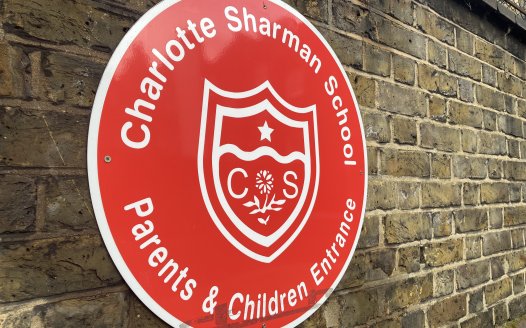Report confirms deep ethnic divisions in English faith schools
Posted: Thu, 23rd Mar 2017
A new report, Understanding school segregation in England, has set out the extent of ethnic and religious division in England's schools.
Faith schools "add a further layer of segregation due to the links between faiths and ethnicities," the report found, and this was particularly acute in minority faith schools.
More than 84% of non-Christian faith schools were considered to be segregated because of their disproportionate ethnic makeup and minority faith secondary schools were "even more likely" than minority faith primary schools to under-sample White British students". 64% of the small number of non-Christian secondary faith schools fell into this category, the research found, compared to 13% of schools on average.
The report also found that all "Faith schools at primary are more ethnically segregated than schools of no faith," and that segregation was "particularly pronounced" in Roman Catholic schools.
Government proposals designed to replace the 50% cap which limited new faith schools from making admissions decision on religious grounds were insufficient, the report said.
The report, produced by the Challenge, SchoolDash and the iCoCo Foundation, said that while proposals to increase contact between pupils in different schools were "helpful" they were "not a substitute for the day to day mixing of children at school."
Measures suggested by the Government include mixed-faith multi-academy trusts, twinning arrangements and token governors who are not of the same faith as the school.
None of these would be entirely sufficient, the authors concluded. Ongoing contact between pupils from different backgrounds in the same school and contact between their parents is essential and the measures proposed would not achieve this.
Education offers "the greatest opportunities" to provide young people with the "skills and experience" necessary to further integration, the report's authors wrote.
Additionally, the research found that secondary schools rated 'Inadequate' following Ofsted inspections "tend to be more ethnically segregated compared with neighbouring schools". The research also found that "the opposite is true" of secondary schools rated 'Outstanding'.
The report also noted that 80% of the children born of immigrant families "were in schools with high concentrations of other immigrant or disadvantaged pupils, reinforcing the interconnection between faith, ethnicity and social class."
NSS campaigns director Stephen Evans said, "This important research demonstrates again the need for a school system that brings pupils and parents from different communities and backgrounds together.
"We note the correlation between integration and performance."
Higher performance by faith schools is often cited in their defence, but the report noted evidence from the Education Policy Institute that faith schools "educate a lower proportion of pupils with special educational needs" and that the percentage of faith school pupils on free school meals is "below both the national average and the figure for non-faith schools".
Primary schools were "more likely to cater to more advantaged students," the researchers found.
To encourage school intakes that are "more representative of local communities" the Government should "set a clear direction to reduce the growth of school segregation and to reduce segregation wherever it is at a high level".
Inter-school measures like those proposed by the Government "should continue", but this "must not be seen as an alternative for school and community integration".







